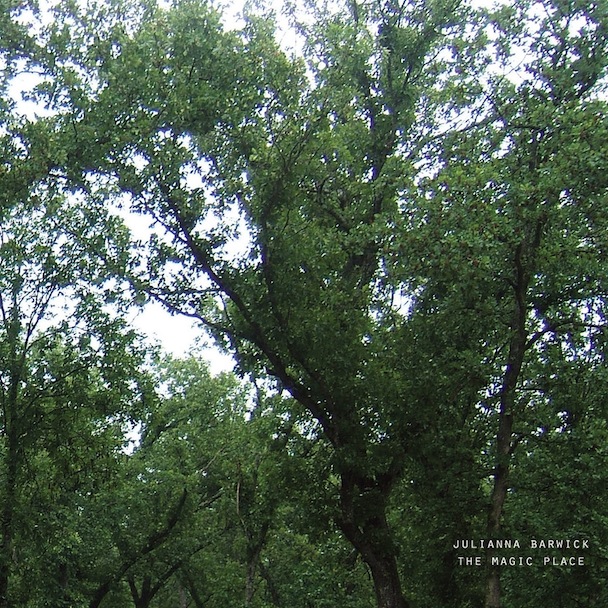Reviews
Julianna Barwick’s The Magic Place commands audiences to listen

The Magic Place
Julianna Barwick
Release Date: Feb 22, 11
- 1
- 2
- 3
- 4
- 5
- 6
- 7
- 8
- 9
- 10
If you’ve heard Julianna Barwick’s Sanguine LP and Florine EP, then you’ll already know and love The Magic Place, her second full-length and record label debut. There’s not one bit of rehash or redundancy here, it’s just that Magic Place features the exact same ambient, melodic textures of Barwick’s previous output. Which is also to say this is yet another collection of beautifully evocative, heartrendingly intimate songs that simply must be heard.
The ingredients are the same on Magic Place as they are on Sanguine and Florine. Barwick’s primary instrument is her voice. She passes her vocals through various processors and samplers, such that her vocal swells and shrieks reverberate and repeat to meditative effect. Sampled loops bend and build on one another, creating a patchwork of sounds that are at once alien and angelic, eerie and ethereal. What little other instrumentation exists–like the plain percussion or piano melodies throughout–simply takes a backseat to Barwick’s soaring, swelling vocal loops.
The resulting sounds are cinematic and worldly. Any of Barwick’s songs could easily soundtrack a Danny Boyle film or a National Geographic documentary. I imagine the songs playing while a film’s main character visits a gravesite, contemplative and somber. And yet the same song could soundtrack a tribal celebration of the arrival of the rainy season. Magic Place is mood music, then, but these songs are by no means limited to one or two emotions. And if you perceive music as colors and temperatures, as I do, there are many at work here, meaning these songs cater to and call forth a wide range of emotions and interpretations.
Perhaps that’s the most striking aspect of Magic Place: its penchant for conundrums and its propensity towards duality. For one, this is a relatively simple-sounding album from a strictly note-for-note standpoint. Most songs feature only a few melodies that appear, repeat, build and subside. And yet, the album was composed in what most would consider an incredibly complex manner. Sing, sample, loop, fade. Repeat on umpteen channels. Keep track of them all. Make chaos sound controlled, beautiful. Hundreds could try to redo this: the results would likely be underwhelming, if not awful. So Magic Place is simple yet complex.
What’s more, Barwick somehow manages to make an electronically generated album sound overwhelmingly earthly and organic. Sure, the music starts with her voice, but without her loop machine, Barwick would be just another a cappella singer. It’s the vocal loops building on one another that makes Magic Place such a dense and rich album. A single person couldn’t accomplish that without the ease of electronic equipment, but the resulting sounds are the furthest from what we think of as electronic music. It sounds like Barwick commands a choir of seraphim, and not that she’s pushing buttons and twisting knobs.
Add to Magic Place’s mystery the idea that an album composed of vocal loops sounds entirely instrumental. Or the intimacy of its creation versus the worldly aura it achieves. To me, that’s the emblem of a great album. Not only are its songs terrific and transcendent, but the music asks, if not demands, more from you. It’s not enough to lay back and listen. With a great album, the mind wonders on and wanders about. Barwick’s album is great one, and a magic place, indeed.
Julianna Barwick – The Magic Place